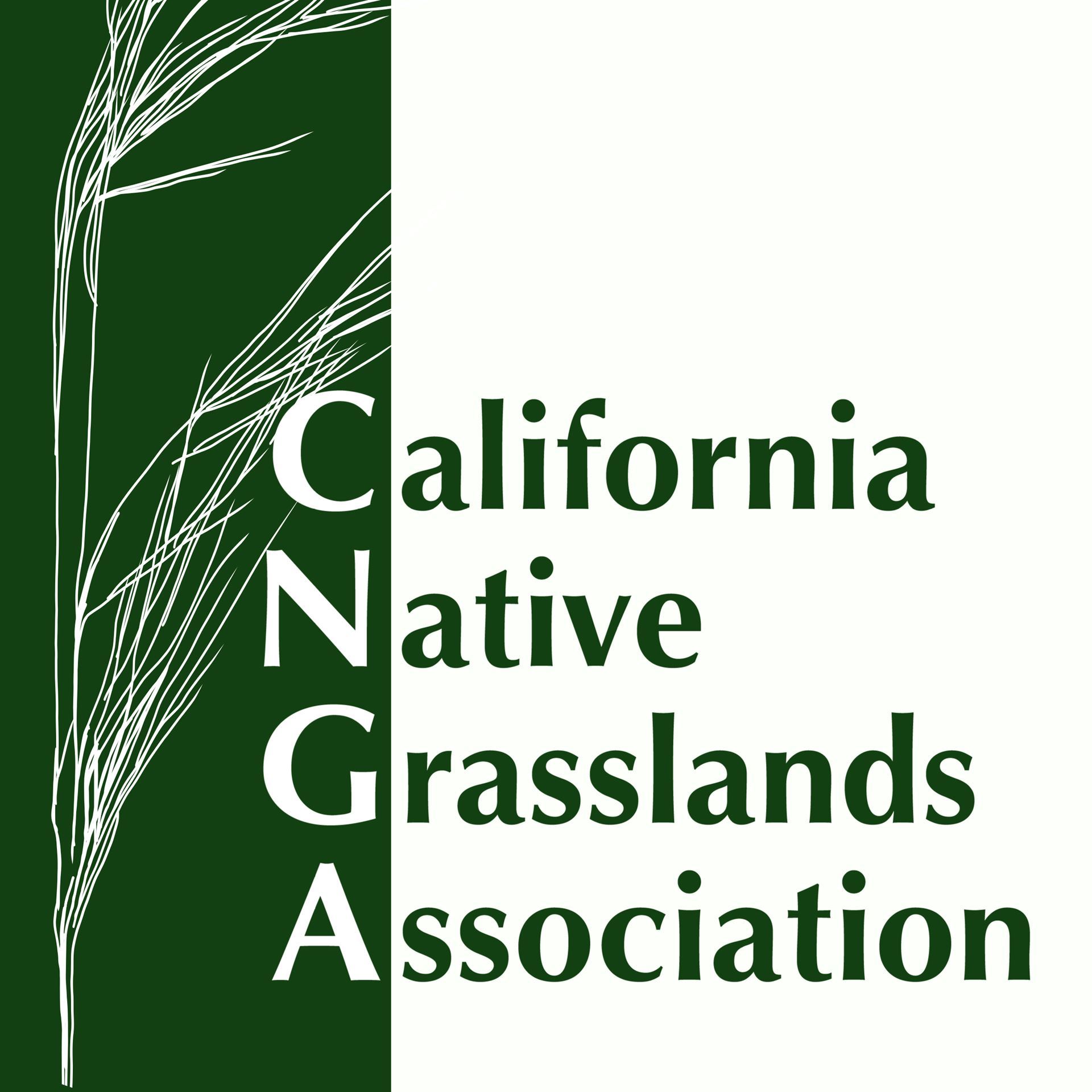California Native Grassland Association GRASS Award Speaker Series
Join Us for the CNGA’s Virtual Speaker Series showcasing the amazing work undertaken in California Grasslands by some of our Grassland Research Awards for Student Scholarship Winners.
Talks are on Tuesdays from 6:30 PM - 7:30 PM PST featuring one 40-minute talk, or two 20-minute talks, with time for Q&A.
Members: Free Non-Members: $10 Non-Member Students: Free with Student ID
Integrated Pest Management (IPM) to control invasive plant species in a CA vernal pool-grassland complex
Jasmine Rios, MS Candidate, CSU Sacramento
Tuesday, December 12, 6:30 pm – 7:30 pm
Abstract: The introduction of invasive plant species has devastated many ecosystems worldwide and led to biodiversity declines. Management and restoration of invaded landscapes costs millions each year with varying levels of success. There are currently many weed management approaches; however, research has shown that relying on single approaches will not control multi-species invasions. Integrated pest management (IPM) focuses on sustainable land management practices to control and prevent a variety of invasive species using a combination of different approaches. In seasonal wetlands like vernal pools, invasive plants alter plant community composition and destabilize hydroregimes, preventing inundation dependent plants and wildlife from establishing. This study evaluated the effects of combining three common weed management approaches, grazing, mowing, and herbicide, to assess changes in plant community composition, and native and invasive plant cover and richness at the Yolo Bypass Wildlife Area, Sacramento Valley of California, USA. Two major questions investigated were (1) how does the addition of mowing and herbicide influence fall grazing, and (2) how implementation of an IPM approach impacts the current invasive dominated plant community composition. Treatments are defined as grazing alone (G), grazing+mowing (GM), grazing+herbicide (GH), and grazing+herbicide+mowing (GHM). GH and GHM treatments reduced invasive cover by over 95%, while increasing native cover by over 200%. GM treatments reduced invasive cover by 81% and increased native cover by 89%. G alone reduced invasive cover by only 37% and increased native cover by 87%. Reduction of invasive cover resulted in a plant community composition that favored native plants. These results suggest that utilizing an IPM approach will greatly reduce invasive cover compared to one management approach alone. Capturing multiple different invasive species can also have a positive effect on native species establishment, and shift plant community composition from invasive dominated to native dominated. Additionally, this study provides justification for incorporating IPM into current land management plans for areas that are dominated by invasive plants.
Bio: Jasmine is an MS candidate at Sacramento State University studying ecology, evolution, and biological conservation. Her current research focuses on invasive plant management in seasonal wetlands. She plans to use her findings to inform best practices for land management and ecological restoration. After graduating, she hopes to continue research in a PhD program or working for a state agency.
Contact Justin Luong (justin.luong@humboldt.edu) with any questions.
Upcoming Speaker Series Schedule (Download a Flyer Here)
- January 16 -- Rebecca Nelson (UC Davis)
- January 30 -- Brooke Wainwright (UC Davis)
- February 6 – Spencer Peterman (UC Riverside)
- February 13 – Katherine Brafford (UC Davis)
- February 20 – Taylor Akers (CSU Sacramento)
- February 27 – Mary Badger (UC Davis)
Help Support Student Research - Donate to the GRASS Program
CNGA's GRASS Program:
- Focuses student research on important grassland-related questions.
- Inspires students to become more involved in California Grassland Conservation and Restoration.
- Trains future employees for your agency or company.
- Creates advocates for California Grasslands
Learn More About GRASS - Applications Accepted Nov 1 - Jan 31

